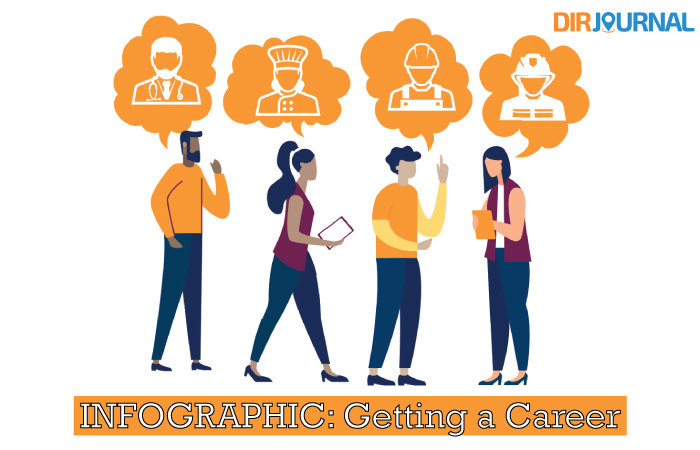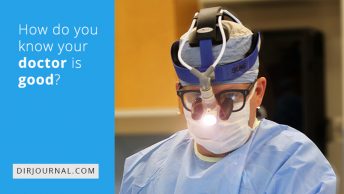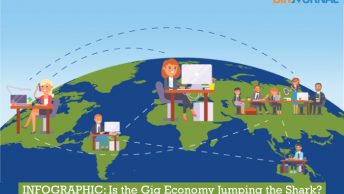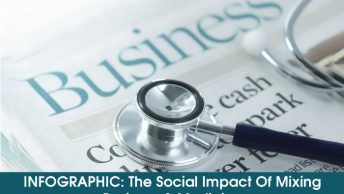After finally recovering from the Great Recession in 2008, many experts predict that the U.S. might face another recession as early as next year and by 2021, others foresee another recession and give it a 24% to 83% of happening. In May 2019, the U.S. saw just 27,000 created – affecting manufacturing and small businesses the most heavily, but some industries, healthcare, education, and financial activities saw job growth instead of reduction. Over the next three years, unemployment rates are expected to rise, and at the same time personal income growth is falling. Nearly half of American workers want more and better job security – but a down economy brings many layoffs, unemployment, and it creates fewer and fewer job opportunities for those looking for a job.
During a recession, new graduates have fewer chances to be promoted or trained for a job at a higher level or even another job at the same level. But a recession affects all workers as well – a recession increases layoffs and decreases hiring which forces many workers into low quality employment. Even 4 years after a recession, many workers still feel the adverse effects of a recession. Recent graduates may never fully recover from the effects of a recession if one hits now and even if they do manage to get and retain a job, they will most likely receive lower wages than usual and have fewer raises than usual. But there are ways to look ahead and see if a recession that could affect you and your job. Even if an unforeseen recession occurs, there are ways to protect your job from it and the ability to take action against a sudden recession.
Find out how to protect your job and get started right in your career with tax training. There are many different ways to save your career and predict a recession. Learn more below!

Source: National Tax Training School













